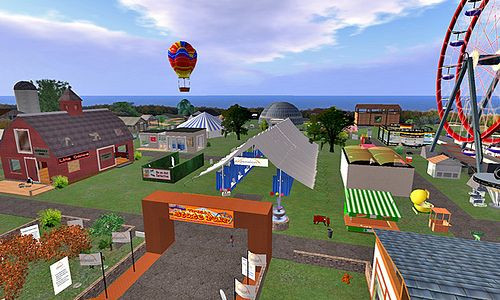Virtual World Helps Autistic Kids Develop Socially

Virtual worlds can help autistic children develop social skills beyond their anticipated levels, new research suggests.
Researchers at Echoes project which aims to develop technology-enhanced-learning environment for children with autism, created an interactive environment which uses multi-touch screen technology where virtual characters respond to children's actions in real time.
Project leader Dr. Kaska Porayska-Pomsta said “Learning environments such as Echoes may allow some children to exceed their potential, behaving and achieving in ways that even teachers who knew them well could not have anticipated.”
The study was funded by the Economic and Social Research Council.
During the virtual environment sessions, autistic primary school children can experiment with different social scenarios, allowing the researchers to compare their reactions with those they display in real-world situations. Early indications of this research are that over a number of sessions some children demonstrate a better quality of interaction within the virtual environment and an increased ability to manage their own behavior.
The virtual environment enables autistic children to concentrate on following a virtual character's gaze or to focus on a pointing gesture, thus developing the skills vital for good communications and effective learning.
“A teacher observing a child interacting in such a virtual environment may gain access to a range of behaviors from individual children that would otherwise be difficult or impossible to observe in a classroom,” Porayska-Pomsta said.
The virtual environment can provide children with autism the opportunity to develop skills they normally would find difficult.
“The beauty for it is that there are no real-world consequences, so children can afford to experiment with different social scenarios without real-world risks,” she said.
The findings for the Echoes project will be showcased during the ESRC festival of social science in November. The event will involve pupils, parents and teachers. Participants will be given the opportunity to engage in hands on experiences, workshops and discussion.
"In the longer term, virtual platforms such as the ones developed in the Echoes project could help young children to realize their potential in new and unexpected ways," she said.



























